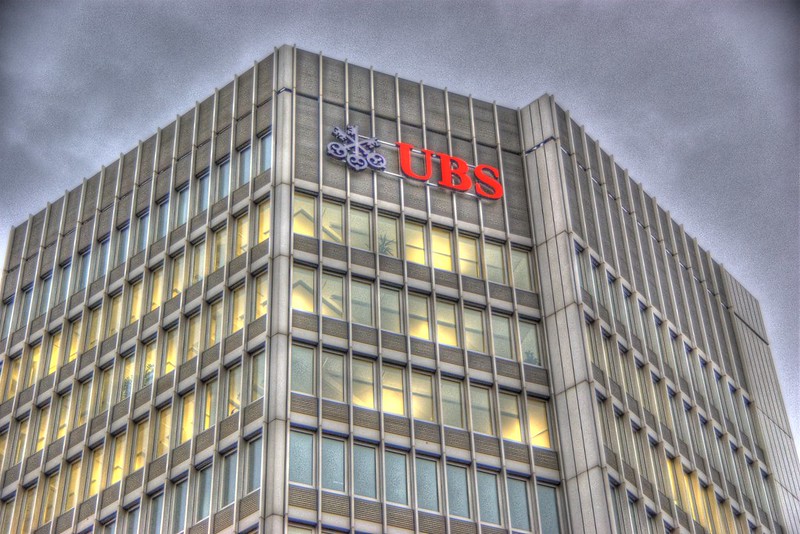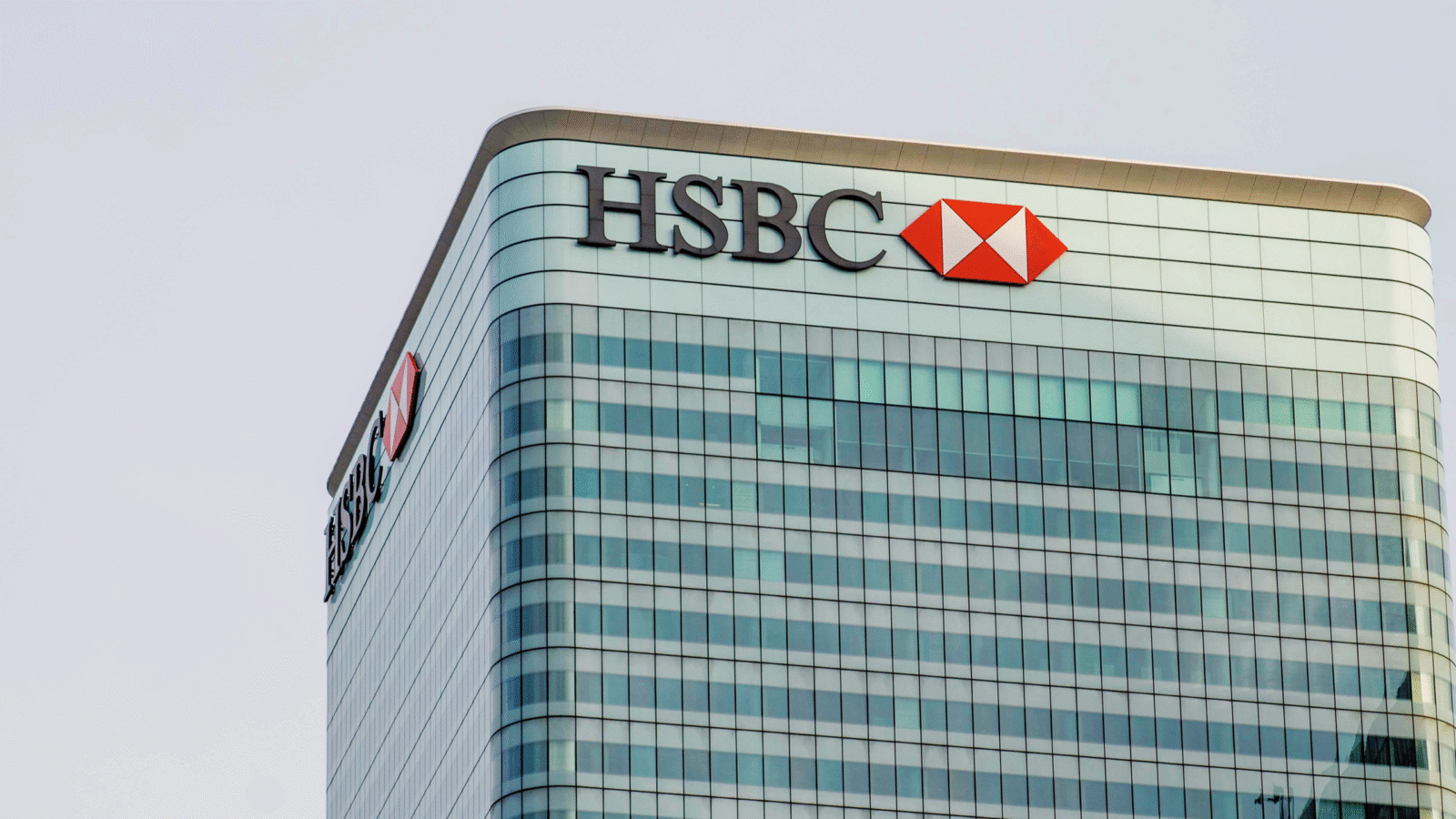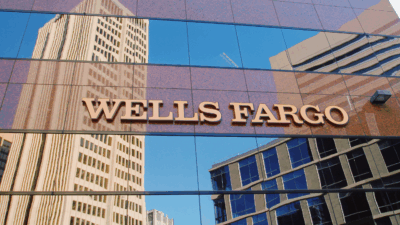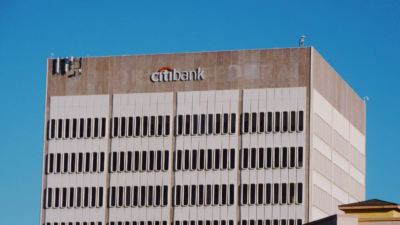
Sign up for smart news, insights, and analysis on the biggest financial stories of the day.
The epicenter of the Great Banking Earthquake may have been Silicon Valley, but the aftershocks have been especially violent in Zurich.
On Sunday, UBS agreed to acquire its longstanding rival, the oft-embattled Credit Suisse, for more than $3 billion. Swiss authorities are slashing red tape — lest they risk losing the nation’s standing as a banking sector.
Stop the Spread
The red flags (both with and without the Swiss white cross) had been swirling around Credit Suisse well before SVB’s catastrophe made everyone second-guess their favorite wealth management firm. Last year, deposits dropped 40% to $252 billion while total assets plummeted 30% to roughly $571 billion. And, in a harbinger of things to come, the bank already witnessed a social media-fueled exodus of wealthy clients last October amid concerns about its overall health. And then SVB went kerplunk.
By Wednesday, the bank’s largest shareholder Saudi National Bank announced it had no interest in increasing its 9.9% stake. The Swiss lenders’ share price suffered its worst single-day drop in history when bond prices fell below distressed levels, and outflows ran nearly $11 billion a day last week. According to the FT, Credit Suisse was forced to tap a $50 billion lifeline from the Swiss National Bank.
It wasn’t enough. Rumors swirled that BlackRock could swoop in. The Swiss National Bank (SNB) and the Swiss Financial Market Supervisory Authority (Finma), however, reportedly favored a solution that kept Credit Suisse, well, Swiss. Enter UBS:
- UBS, the largest private bank in the world and Switzerland’s top lender, agreed to acquire the beleaguered bank in an all-share deal worth $3.2 billion — well below the roughly $7 billion market value Credit Suisse held at the end of Friday.
- SNB has agreed to float UBS a $100 billion liquidity line in the process. The Swiss government will also provide a loss guarantee of roughly $9.7 billion, though only after UBS suffers the first $5 billion of losses on specific assets.
SNB and Finma also moved to circumvent a UBS shareholder vote on the acquisition to complete the deal ahead of Monday trading. “It was indispensable that we acted quickly and find a solution as quickly as possible,” SNB president Thomas Jordan said at a press conference Sunday.
Defining the Terms: For UBS, the move is as much about business as it is about slowing the spread of contagion. “This acquisition is attractive for UBS shareholders but, let us be clear, as far as Credit Suisse is concerned, this is an emergency rescue,” UBS Chairman Colm Kelleher said after the deal. Isn’t this the part where he’s supposed to tell us all to stay calm?
– Brian Boyle











